Whether online or over the phone, we can connect you to the resources you need, when you need them. Find essential food, health and child development resources in your community to support your family.

Health and service providers can refer families, download materials, and explore our resource directory to find health and community resources.
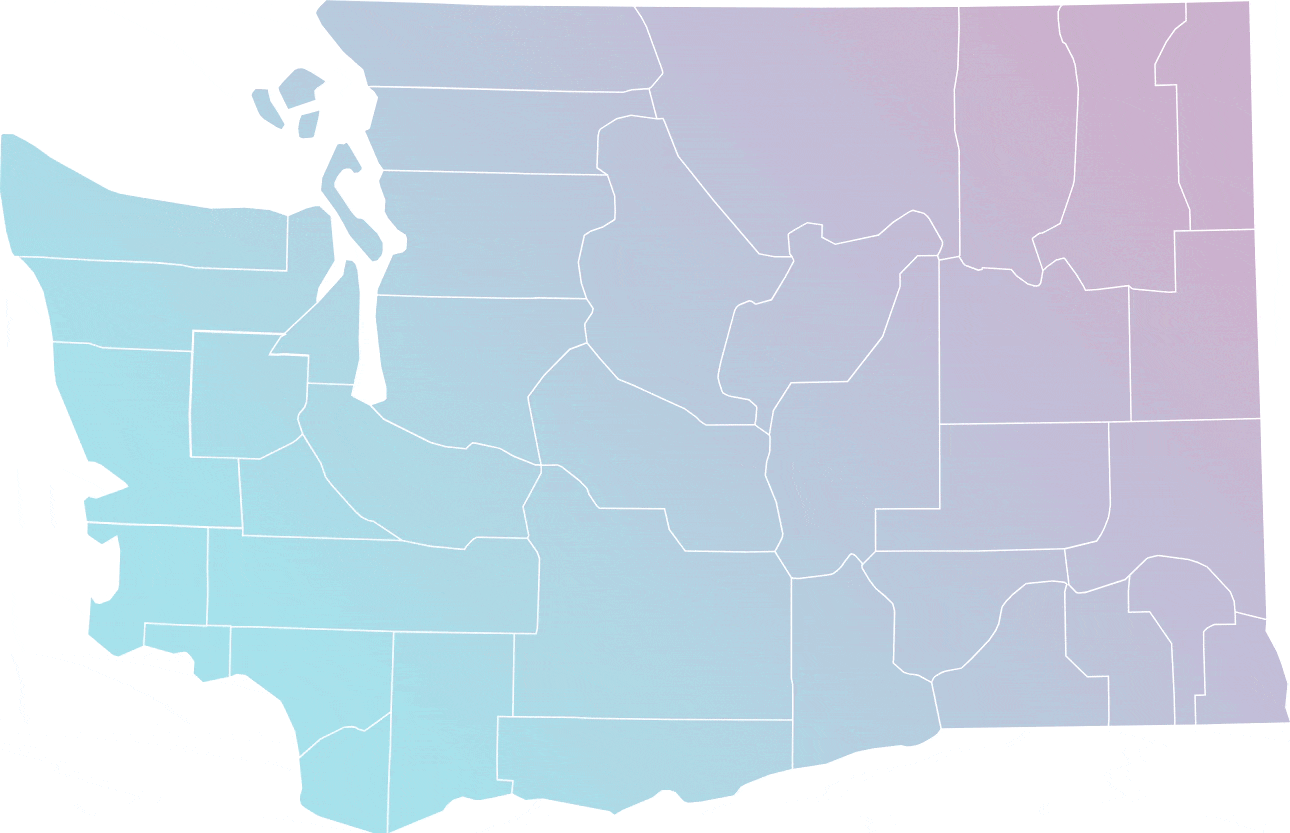
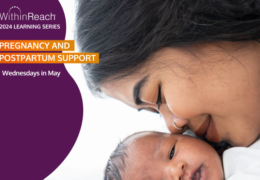
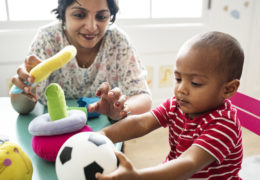
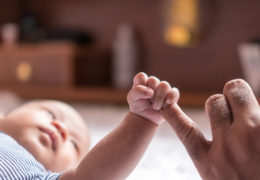
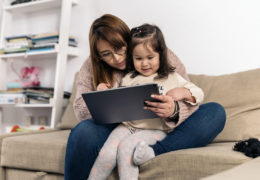
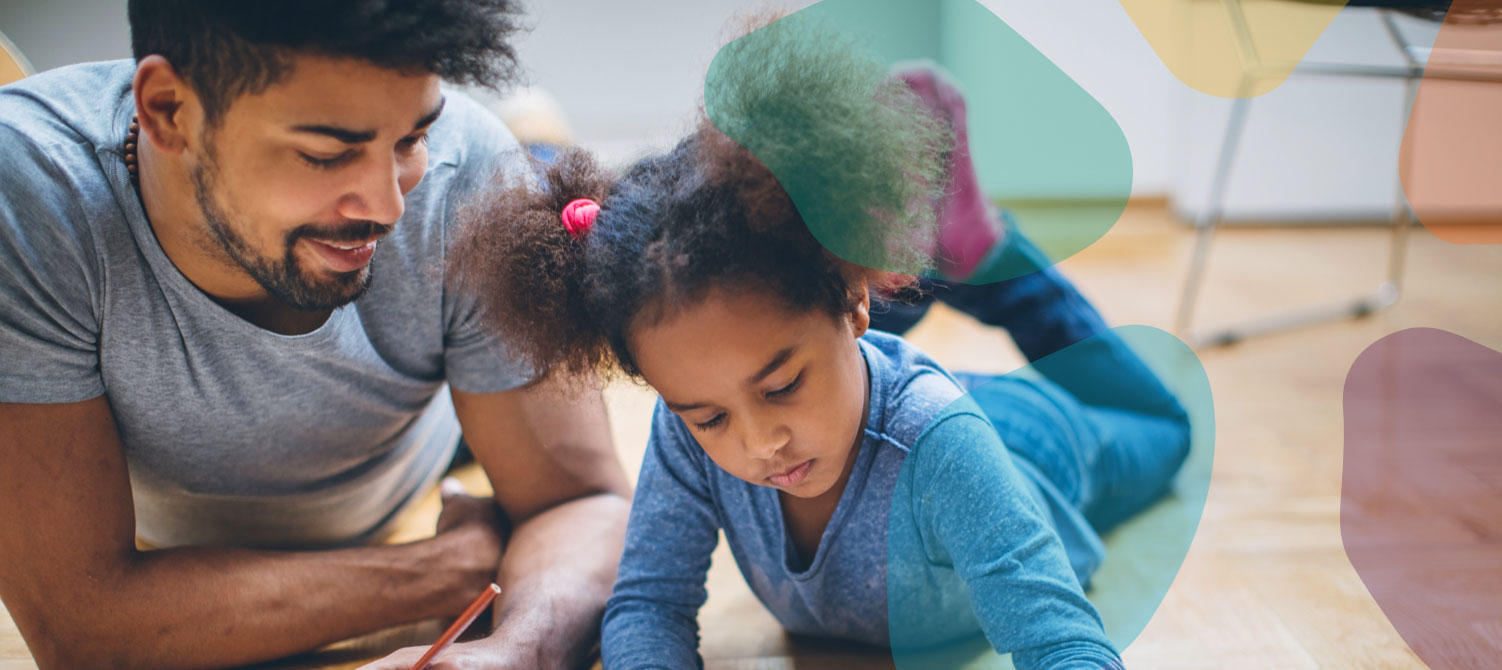
It can now be found at HelpMeGrowWA.org, where you will find the Resource Finder and all of information you’ve come to rely on to support your family with health, food, basic needs, and child development resources.
